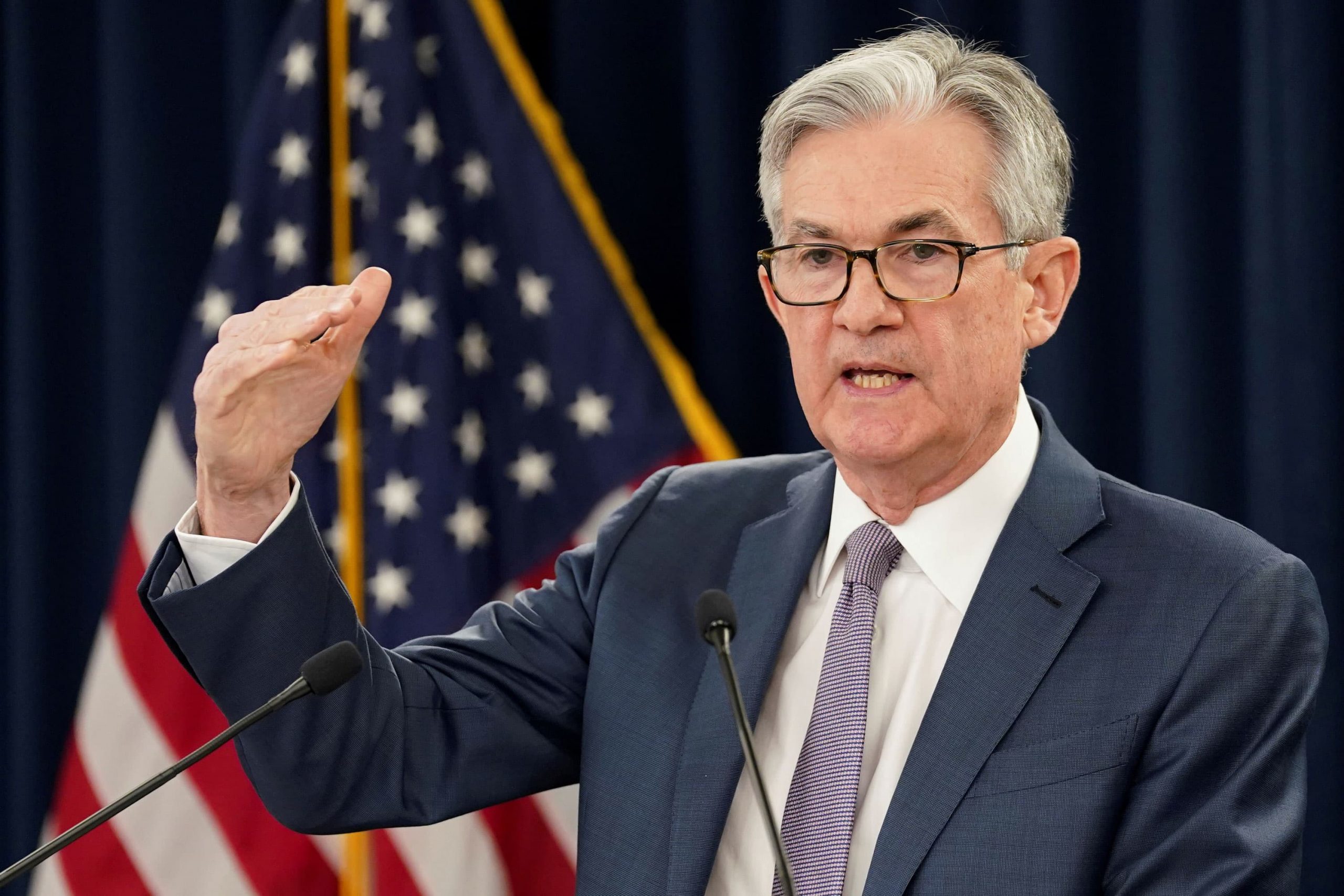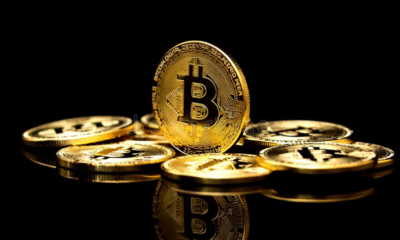
Jerome Powell, Chairman of the Federal Reserve, has recently spoken on the crypto matters in the United States. Chairman Powell believes that the crypto market needs to be regulated by the federal government, but an outright ban on Bitcoin and other crypto-assets in the market is not a logical move.
Chairman Jerome Powell oversees the Federal Open Market Committee of the central bank, which in itself is responsible for overseeing the monetary policy in the United States. Earlier in September, the Committee decided to abandon the existing stimulus programs that provided checks to the U.S citizens in the wake of the covid-19 pandemic but mentioned the pandemic-induced bond purchase program could wind down sooner or later. The committee’s warnings caused downward pressure on risk assets, including stocks and crypto-assets.
Powell’s recent statement on banning Bitcoin and digital assets came in response to a question from Ted Budd, a Republican Representative of North Carolina. Rep. Ted Budd has long been a long-time crypto proponent and a member of the Congressional Blockchain Caucus. During the two-hour-long House Financial Services Committee meeting on Thursday, Rep. Budd asked Chairman Powell to clarify his statements in July, regarding the development of a U.S central bank digital currency, or CBDC which could undercut the need for private crypto and stablecoins.
According to the reports, Budd asked whether or not if the chairman intended to ban or limit the usage of cryptocurrencies to which Powell responded by clarifying he had no intention to ban cryptocurrencies.
Powell’s recent remarks come two days after he inquired Congress for consultation and legislative support in developing the digital dollar. Many figures in the crypto community speculate that the launch of a U.S CBDC would ban private cryptocurrencies as in China, but Powell’s statements suggest otherwise. In the chairman’s view, CBDCs could perform the functions of stablecoins and cryptocurrencies without any regulatory risk.
Powell compared stablecoins to money market funds and bank deposits, but unlike the two, stablecoins are outside the regulatory perimeter to a certain extent, therefore it’s appropriate they are regulated.
While the digital dollar has been on the Federal Reserve’s radar, policymakers have not still decided on whether to pursue the project or abandon it. Meanwhile, the central bank has commissioned numerous research reports to explore the advantages and potential roadblocks regarding the issuance of a CBDC.









